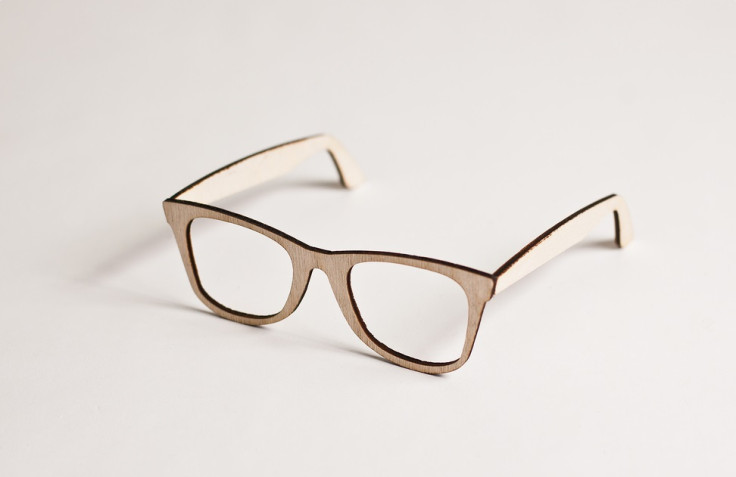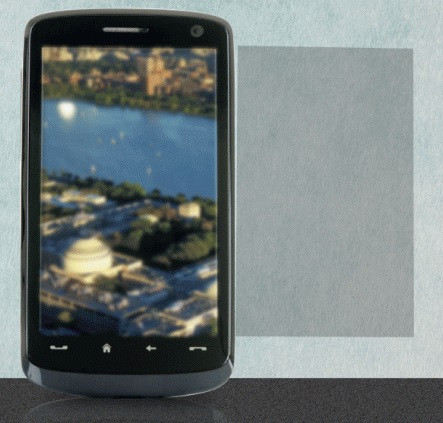Goodbye Glasses: Vision Correcting 3D Display Could Make Eye-Wear Obsolete

A new 3D display that is able to correct vision without the need for glasses has been developed by researchers who believe the technology could be used to help fight illiteracy and unemployment.
"We've been working on next-generation glasses-free 3D displays for a few years," Gordon Wetzstein, a scientist at the MIT Media Laboratory and co-creator of the display, told IBTimes UK. "Thinking about what it would take to build a vision-correcting display, we quickly realised that the underlying problem is very similar to that of a glasses-free 3D display."

The display is made up of two parts: a conventional high-resolution smartphone screen and a low-cost attachment that looks like a screen protector. The attachment uses a special pattern to block some of the light emitted from the display, meaning that images and text are projected from the device at a distance that the user is able to focus on.
"We envision this technology to be seamlessly integrated in computer monitors, televisions, cellphones, e-readers, dashboards, and even watches," Wetzstein said. "Whereas each of these displays is used for a different application, they all can benefit from being readable by somebody who doesn't wear glasses."
Wetzstein and other scientists at MIT and the University of California will present a paper describing the display next week at the Siggraph conference in Vancouver, Canada.
Seeing into the future
Wetzstein's 3D display is one of several new technologies that are being developed within the sight loss sector. Last week, a project by the Royal National Institute of Blind People (RNIB) was chosen as one of the winners of the Google Impact Challenge.
The RNIB worked together with Oxford University to create a pair of smartglasses that are able to maximise an individual's remaining vision.
"The speed at which computer processing speeds are advancing will hopefully mean we'll be seeing more and more projects such as this popping up," Shaf Mansour, digital media officer at charity Action for Blind People, told IBTimes UK.
Mansour doubts that the 3D vision-correcting technology will replace glasses in the near future but, like Wetzstein, believes it holds plenty of potential.
"In the developing world, people often don't have access to the same health infrastructure that we do," Wetzstein said. "Oftentimes, impaired vision remains uncorrected which is one of the main causes of illiteracy.
"Counter-intuitively, there are now as many cellphones as there are humans out there. Equipped with our technology, these phones could easily adapt to the visual impairment of their user and help them read better."
© Copyright IBTimes 2025. All rights reserved.






















